The emergency room (ER) is undoubtedly the busiest department of a hospital. Cases are requiring immediate medical attention to land in the ER.
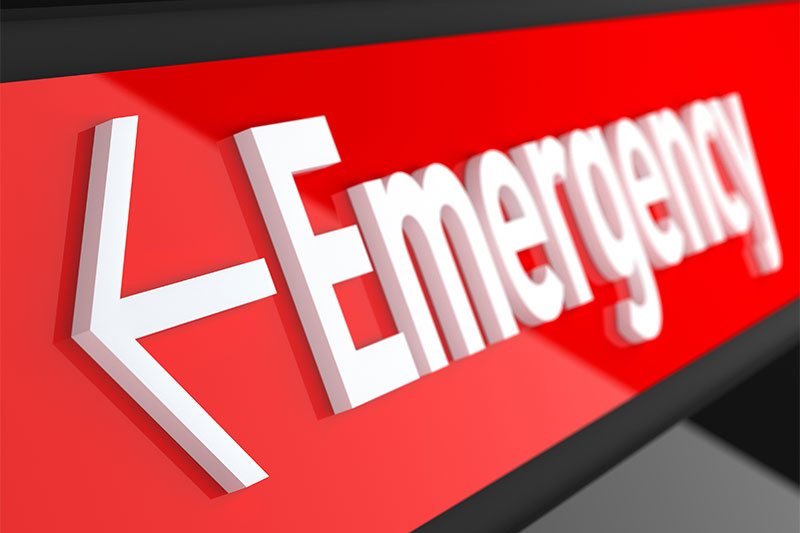
Due to a high patient to doctor ratio and a state of emergency and hurry, there are higher chances of misdiagnosis in the ER. Moreover, you can also make some mistakes that can affect your diagnosis.
Here are nine mistakes that you should avoid to be diagnosed correctly in the ER.
9 – You Do Not Give Sufficient Information.
When you see a doctor in the ER, the first thing that is done is getting information. Your doctor asks you a set of questions that allow him or her to assess you better. The most important questions are about the symptom you present with. You should be able to give a clear, accurate, and detailed history of your problem. Otherwise, there are chances of misdiagnosis.
8 – You are Unaware of Medications that You Take
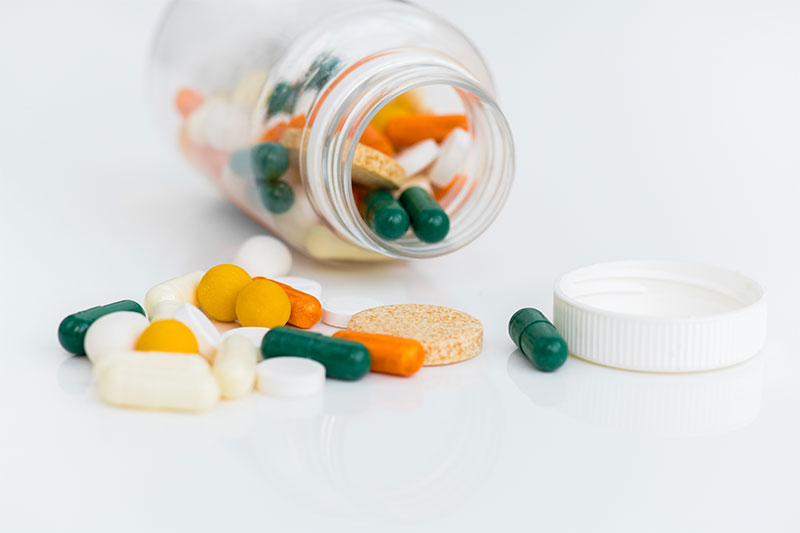
It is essential to be aware of the names of medications that you use. You should also know about potency and dosage. This information is important because some symptoms might be related to your medications. Moreover, your doctor needs to know about them because there can be drug interaction in case he starts a new medicine.
7 – You Do Not Remember Your Past Medical History Clearly
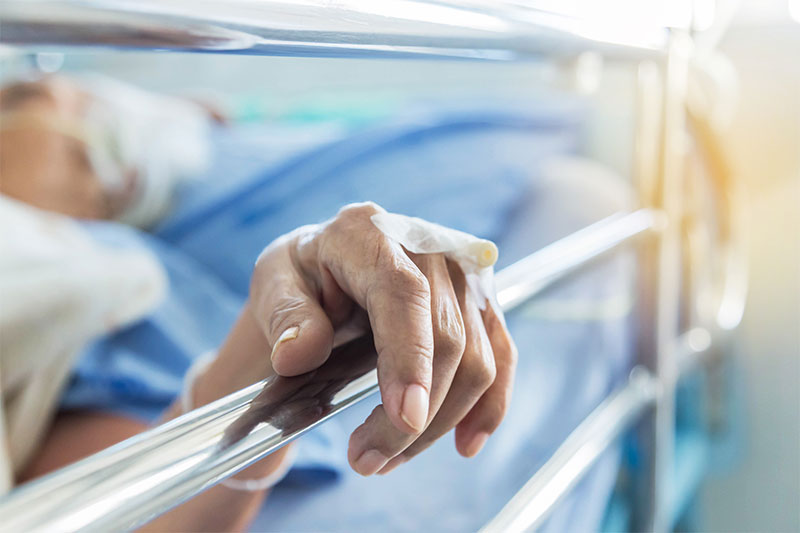
Past medical history is very important to reach a diagnosis. Your present condition can be a consequence of your older condition. This is why to ensure that you give all the information about your health. Inability to do that can lead the doctor to the wrong track causing misdiagnosis.
6 – You Refuse Investigations

Only history questions are not enough to reach a proper diagnosis. The detailed examination followed by investigations is required for the purpose. Some people refuse to go for investigations, and the doctor has to rely on history and examination findings. It can also lead to misdiagnosis.
5 – You Do Not Listen to Your Doctor Carefully
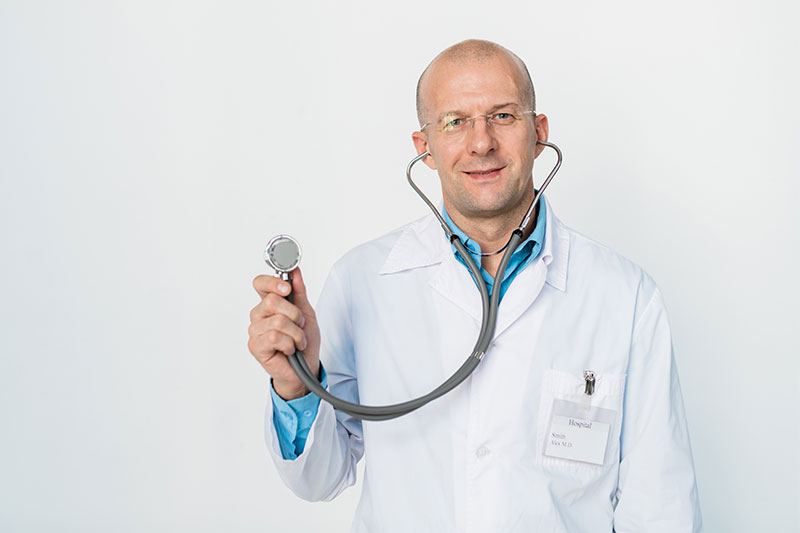
Being attentive during history taking and examination is necessary. A doctor is usually relying on your responses during these procedures. In case you are not attentive and lost somewhere else, you can give misleading answers that can affect your diagnosis.
4 – You Did Some Self-Medication
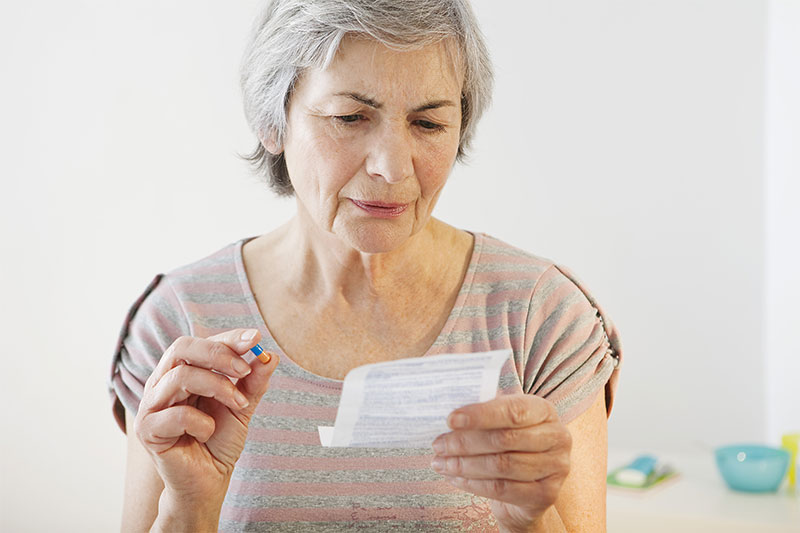
Some people tend to self-medicate before they land into the ER. This is especially true for painkillers that can give relief for the time being but can also mask important symptoms. When your doctor examines you, he or she does not find signs that they are looking for. For example, tenderness may be relieved by painkillers in appendicitis. This leads to misdiagnosis.
3 – You Do Not Follow-Up
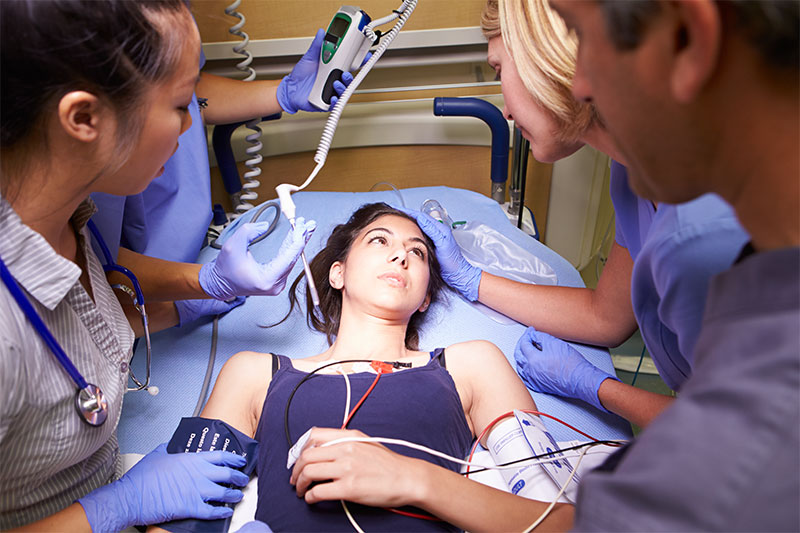
When you show up in the ER, your doctor might discharge you after initial tests with some medications for the treatment of the probable cause of your symptoms. However, the doctor might ask you to follow up with test reports. This is necessary because final test reports can change the diagnosis, and if you do not follow up, then you keep taking the wrong medicines.
2 – You Do Not Let Doctor Examine You
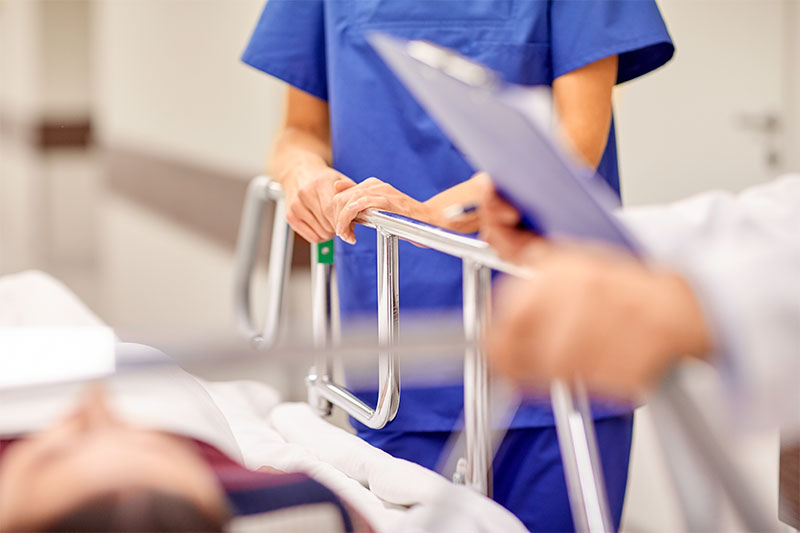
Proper examination is necessary to reach a diagnosis. Your doctor elicits various signs while examining. Some patients tend to panic during the examination and do not let doctors do their job in peace. It can lead to wrong findings and wrong diagnosis.
1 – You Do Not Ask Questions
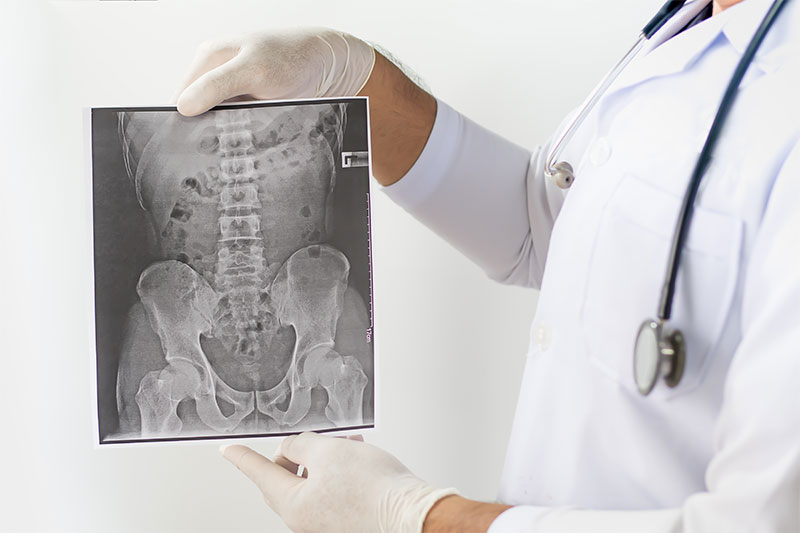
Unnecessary questions are a terrible idea, but you should surely ask relevant questions to your condition. It will help both doctors and patients to understand the situation better and would keep misconceptions away. Otherwise, you can have a wrong diagnosis too.


